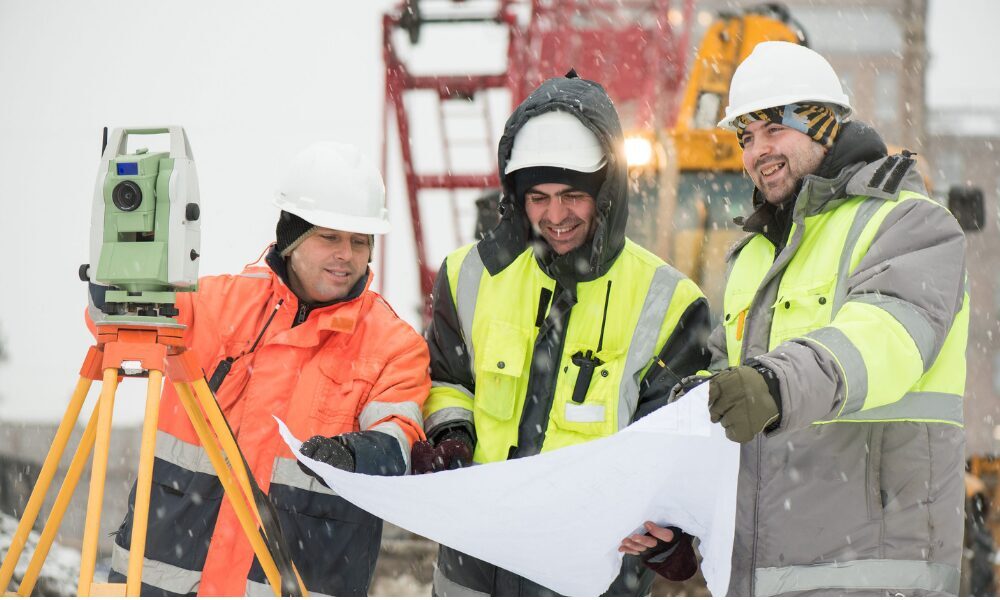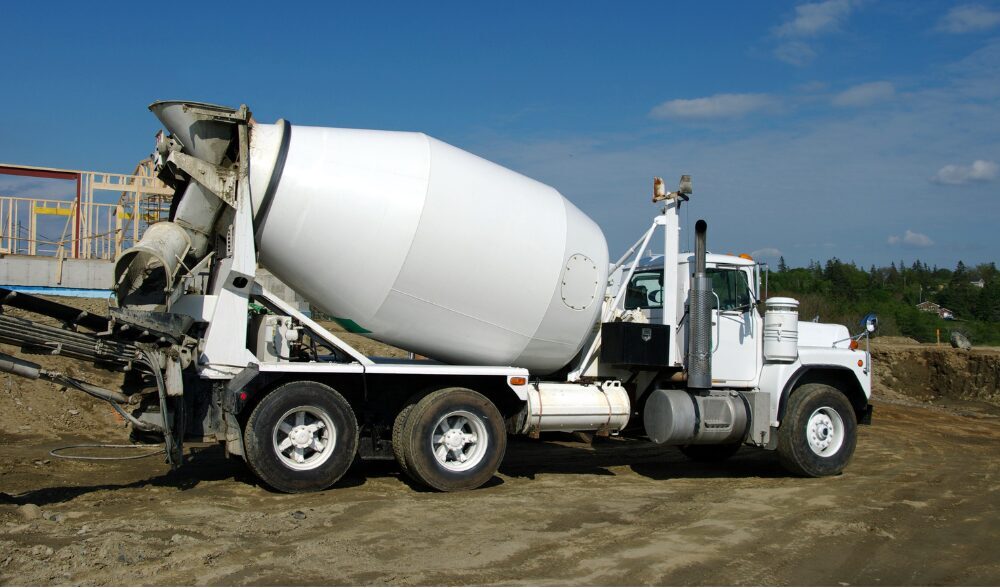Introduction
The Seattle Times reported that Washington state lawmakers are pushing to reverse a two-decade prohibition on the creation of new regulations aimed at reducing work-related musculoskeletal disorders (WMSDs).
What are MSDs and WMSDs?
The legislation, already passed earlier this month by the Washington state Senate, seeks to address the issue of musculoskeletal disorders (MSDs) suffered by workers. According to the Centers for Disease Control and Prevention (CDC), MSDs are defined as “injuries or disorders of the muscles, nerves, tendons, joints, cartilage and spinal discs”. An MSD becomes a Work-related musculoskeletal disorder (WMSD) when:
- The work environment and performance of work contribute significantly to the condition; and/or
- The condition is made worse or persists longer due to work conditions.
WMSDs are most commonly caused by working long hours, doing repetitive motions, and maintaining awkward postures while at work.
What are some examples of common WMSDs?
Common types of MSDs include:
- Sprains, strains, and tears
- Back pain
- Carpal tunnel syndrome
- Hernias
How common are WMSDs?
According to the legislation, WSMDs comprise nearly a third of all Washington worker’s compensation claims that result in workers taking time off.
What’s the history of this legislation?
- 2000 – Washington’s Department of Labor & Industries (L&I) issues regulations intended to prevent workplace injuries and WMSDs. These regulations would have required that employers identify jobs that put their employees at risk and take steps to reduce or eliminate those hazards. Though L&I didn’t provide employers with specific instructions on how to reduce risk, they did offer a variety of suggestions that included rotating employees through different types of work, requiring employees to enlist help from other workers when lifting heavy objects, and employing machines (rather than people) to do the most dangerous tasks whenever possible.
- 2003 – After business groups led an initiative that claimed that the regulations were too difficult to implement and too costly for employers, voters overturn the regulations instituted by L&I in 2000 by passing Initiative 841.
- 2023 – Senator Manka Dhingra (D – Redmond) introduces Senate Bill 5217, which is narrowly passed in the Washington state Senate. If passed by the House of Representatives, this legislation would overturn Initiative 841.
What would Senate Bill 5217 do if passed?
If passed, Senate Bill 5217 would allow L&I to make a set of new rules for one industry per year, the content of which would be determined by an advisory committee of both employers and workers.
Importantly, the rules put forth by L&I would apply to industries, not individual employers. L&I would also prioritize regulating the industries with the highest rates of workplace injuries. In order to qualify for L&I rule-making, an industry would have to show that the workers’ compensation claims for WMSDs are at least twice as high as state-wide rate over a period of 5 years. If the legislation passes, the Department would then publish a list of industries eligible for rule-making each year.
The legislation would also provide funding to employers who are subject to rule-making to help them pay for new equipment that would reduce injury rates.
Who supports this legislation, and why?
Senate Bill 5217 is widely supported by labor unions and workers, who want to see that steps are being taken to reduce the incidence of WMSDs and other workplace injuries.
Who is against this legislation, and what are their arguments?
As they did in 2003, business groups and business leaders are the primary critics of this bill. They maintain that the regulations it proposes would be too time-consuming to implement and are too controversial to pass. If the bill passes, L&I still won’t be able to make new rules for another three years – a provision that business leaders say doesn’t do enough to protect workers now.
What should I do if I think I may be suffering from a WMSD or if I have been otherwise injured in the workplace?
If you have suffered a workplace injury, WMSD-related or otherwise, it is important that you contact an experienced workplace injury attorney to help you navigate the complex laws that govern how these kinds of injuries are compensated.
GLP Attorneys is home to a deep bench of knowledgeable, compassionate, and dedicated workplace injury attorneys who stand ready to help you get the justice and compensation you deserve. If you have been injured in the workplace, please call 206.448.1992 or email our attorneys at for a free legal consultation.
Click here to learn more about our Workplace Injuries practice.


